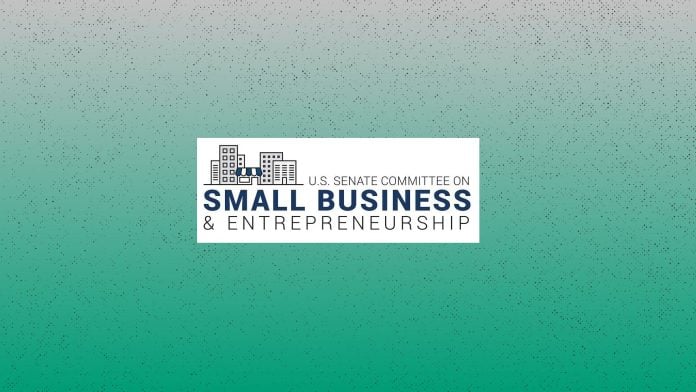With the clock ticking down to a pivotal deadline, small businesses across the United States face uncertainty as two critical funding programs—the Small Business Innovation Research (SBIR) and Small Business Technology Transfer (STTR) programs—are poised to expire at the end of September. Ranking Member Edward J. Markey (D-Mass.) recently voiced his concerns about this impending lapse and heralded the recent unanimous passage of a one-year extension by the House of Representatives as essential for the vitality of American innovation.
“Last week, I heard from small businesses about how critical the SBIR and STTR programs are to ensuring our competitive edge on the global stage, to our strong economy, and to our national security,” Markey stated. His call to action comes as the Senate faces heightened pressure to follow suit and approve the extension swiftly, allowing small businesses to continue their vital contributions to federal Research and Development (R&D).
The SBIR and STTR programs have been instrumental since their inception over 40 years ago, providing over $70 billion in funding to more than 30,000 small firms nationwide. This financial support has paved the way for technological advancements that not only drive innovation but also bolster national security. As these programs approach the brink of expiration, small business owners could face considerable challenges if Congress fails to act.
The urgency for this extension cannot be overstated. Without it, small businesses would lose access to essential funding that fuels innovation and competitiveness. This decline could stifle growth in critical sectors where small firms have been leading contributors, such as health technology, cybersecurity, and renewable energy.
Markey has championed the need for a long-term solution, emphasizing that the current bipartisan effort to extend the programs is only a temporary fix. He recently proposed the SBIR/STTR Reauthorization Act of 2025, aimed at making these programs permanent while also ensuring protections against foreign exploitation of American innovation. However, this legislation has encountered some resistance within the Senate, which could hinder progress toward sustaining American leadership in the global economy.
The potential benefits of these programs extend beyond financial support for small businesses. They offer a pathway for innovative ideas to transition from the lab to the marketplace, fostering partnerships with larger entities and government agencies. This collaborative spirit not only enhances technological breakthroughs but also drives job creation within local economies.
SBIR and STTR participants have reported tangible outcomes from their involvement, including successful commercial releases and strategic partnerships that arise from funding opportunities. However, potential applicants should consider the challenges associated with navigating the competitive grant landscape. The application process can be rigorous, often requiring sophisticated proposals that demonstrate technical innovation and commercial viability.
Additionally, the long-term viability of the SBIR/STTR programs remains a point of concern for many entrepreneurs. As Markey highlighted, "We all agree these programs cannot lapse." With the ongoing discourse about governmental funding priorities, small business owners must be proactive in advocating for policies that prioritize innovation and competitiveness.
As the clock ticks towards the September 30 deadline, businesses and stakeholders are encouraged to stay engaged. It’s essential for them to communicate their needs to lawmakers and raise awareness about the significance of these funding programs to the broader economic landscape.
For small business owners, the preservation of these initiatives could mean the difference between thriving in a competitive marketplace or falling behind as innovation stagnates due to lack of funding.
For further details on the program’s current status and the ongoing legislative efforts, visit the original press release here. As we await a decision from the Senate, the call to action is clear: support for SBIR and STTR is critical for the future of American small business innovation.
Image Via BizSugar



